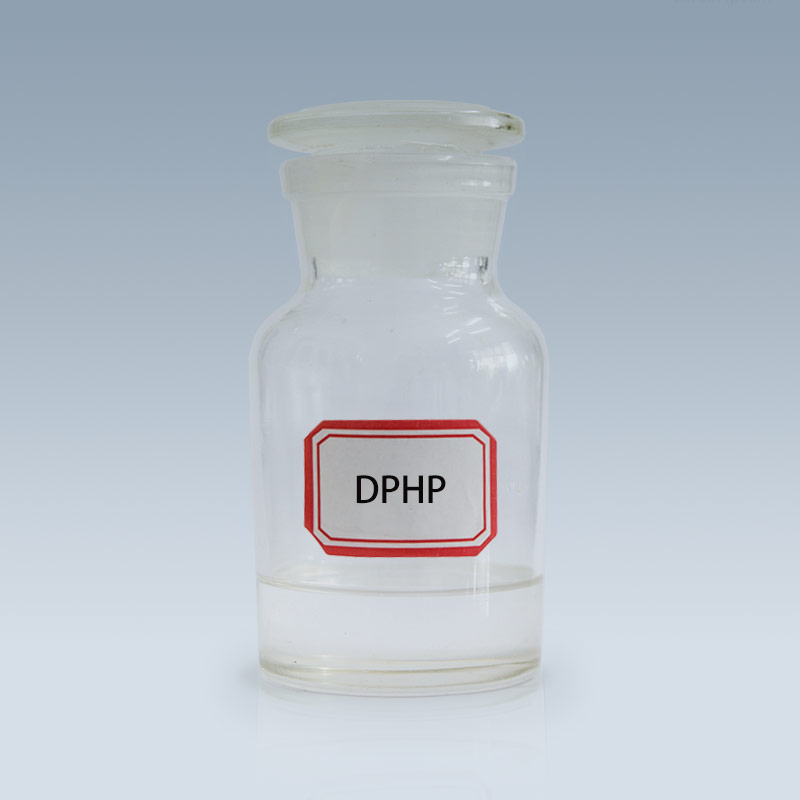Diisodecyl phthalate (DIDP) is not only a versatile plasticizer but also an important contributor to environmentally responsible manufacturing practices. As industries seek safer and more sustainable materials, DIDP stands out for its benefits to product performance and safety.
Environmental Benefits
Durability and Longevity: Products made with DIDP tend to have a longer lifespan, which helps reduce the frequency of replacements. This longevity contributes to lower overall waste and supports a more sustainable consumption model.
Energy Efficiency: The incorporation of DIDP in production processes often results in lower energy requirements compared to alternative materials. For example, flexible PVC products can be manufactured with less energy input, benefiting manufacturers and the environment alike.
Low Bioaccumulation Potential: Research indicates that DIDP has a low potential for bioaccumulation in aquatic organisms. This quality reduces concerns regarding its impact on wildlife, making it a responsible choice for manufacturers aiming to minimize their ecological footprint.

Safety and Regulatory Compliance
DIDP is recognized for its favorable safety profile compared to many other plasticizers. Regulatory bodies actively monitor its use, ensuring that products containing DIDP meet strict safety standards. This oversight helps build consumer confidence, knowing that products are made with materials that prioritize health and safety.
Innovative Research Opportunities
The continued study of DIDP is paving the way for innovative developments in plasticizers. As manufacturers seek alternatives to traditional phthalates, research into non-toxic, high-performance materials is thriving. This drive for innovation not only enhances product quality but also promotes a more sustainable industry.



 English
English 中文简体
中文简体







